Panelists
Panel 1 – Strategic Challenge of Higher Education System
Moderator: Mato Njavro, PhD
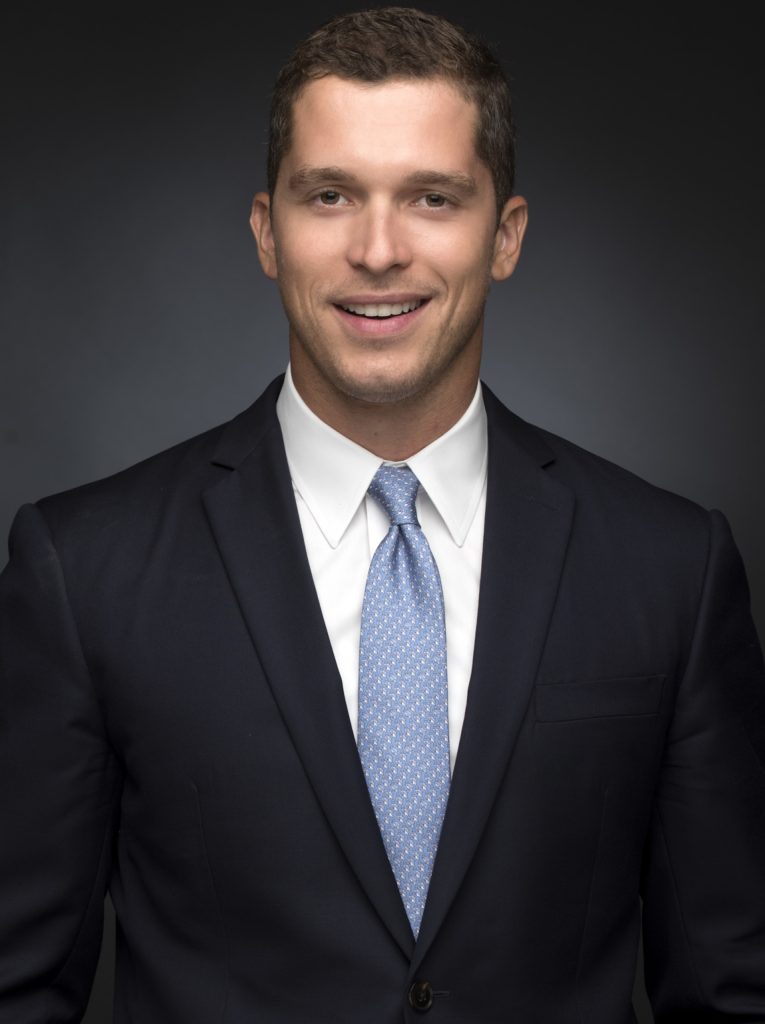
Dr. Mato Njavro serves as the Dean of Zagreb School of Economics and Management (ZSEM) in Croatia. He also teaches at the Luxembourg School of Business and the University of St. Gallen in Switzerland. With a diverse academic and professional background, Dr. Njavro has worked at the St. Gallen Institute of Management in Asia, in Singapore, where he served as a senior research fellow. He was also a lecturer at the Singapore Management University, where he taught a course on China’s economic development. Prior to joining the University of St. Gallen and Singapore Management University, Dr. Njavro was a visiting research fellow at Harvard University’s Institute for Quantitative Social Sciences (IQSS). Dr. Njavro authored and co-authored several papers and case studies published by the Harvard Business School publishing. Dr. Njavro has earned his bachelor’s and master’s degree in economics and finance from Bocconi University in Milan, Italy. He earned his PhD in finance from the University of St. Gallen in Switzerland. His professional experience includes working in the investment banking divisions of Lehman Brothers and Nomura in London. (source: https://zsem.hr/en/dr-sc-mato-njavro/)
Panelists
Mariola Ciszewska-Mlinarič, PhD
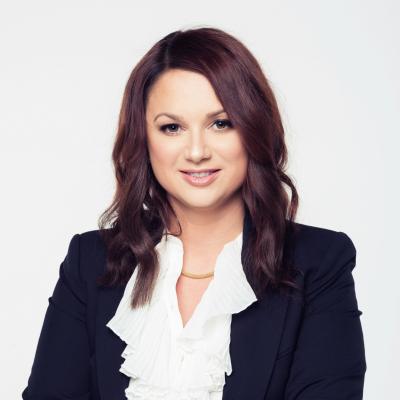
Prof. ALK dr hab. Mariola Ciszewska-Mlinarič is an associate professor of strategic management and international business strategy at Kozminski University, where she serves as Vice-Rector for International Cooperation and ESR, as well as Dean of the College of Management. She teaches at doctoral, EMBA, postgraduate, and graduate levels both in Poland and internationally (France, Austria, Slovenia, and China). She has been recognized with several prestigious awards, including the National Education Commission Medal (2017), the Polish Prime Minister’s Award for Scientific Achievements (2021), and the Silver Medal for Long Service from the President of Poland (2023). A graduate of the University of Warsaw (Master’s in Management) and Kozminski University (PhD in Management Sciences), Prof. Ciszewska Mlinarič specializes in strategy theory and practice, internationalization, and strategic consultancy for the enterprise growth and the implementation of a performance management systems. She also focuses on performance management implementation, particularly in the chemical and energy sectors. She is an active member of several scientific organizations, including the Academy of International Business, the Strategic Management Society, and the European International Business Academy. She has led major research projects funded by the National Science Center—such as studies on psychic distance in internationalization and business model innovation—and has contributed to international grants in collaboration with CEIBS. Her research explores strategy, internationalization from emerging economies, decision-making, global expansion challenges, and business model innovation. She has published extensively in renowned journals, including International Marketing Review, Journal of Business Research, European Journal of International Management, Business History, and Journal for East European Management.
Professor Dr. Ralf Dillerup
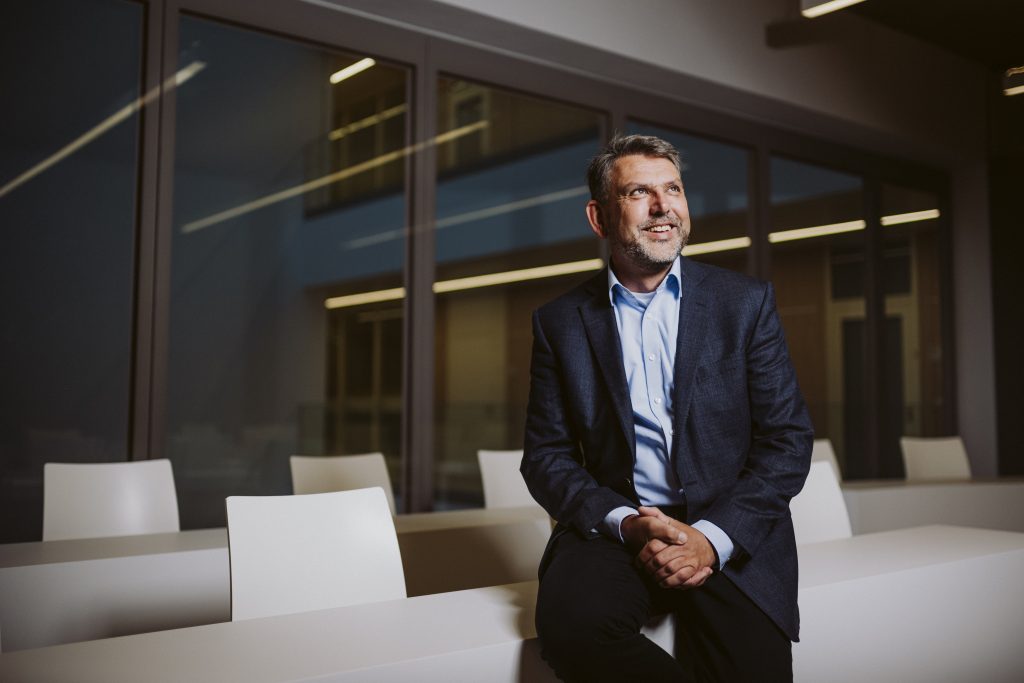
Dean, Heilbronn University Business School | Chair, Heilbronn University Graduate School | Professor of Strategic Management | Program Director MBA in Global Entrepreneurship
Professor Dr. Ralf Dillerup is Dean of the Heilbronn University Business School and Chair of the Graduate School at Heilbronn University. He also serves as Professor of Strategic Management and Program Director of the MBA in Global Entrepreneurship. Previously, he co-chaired the university board and has held several leadership and lecture roles within the university. He has held visiting professorships at institutions in the United States, Vietnam, and across Europe. His academic leadership is focused on advancing interdisciplinary business education, integrating technology, fostering innovation, and promoting global entrepreneurial thinking.
Before transitioning to academia, Dr. Dillerup held several senior management positions in industry. At Robert Bosch’s global heating division, he served in senior controlling and CFO roles. He also contributed to corporate strategy, purchasing, and logistics at the headquarters of Mercedes-Benz. His career began in production planning and sales at ASB Greenworld in Canada. These experiences provided him with deep, hands-on insight into global operations, strategy, and business process optimization.
Dr. Dillerup earned his doctorate in business administration and mechanical engineering from the University of Stuttgart, where he also completed his undergraduate studies. During this time, he conducted research and taught in the areas of self-organizing systems and the application of technology in business contexts.
Hendrik Flier (Head of UWC Mostar)
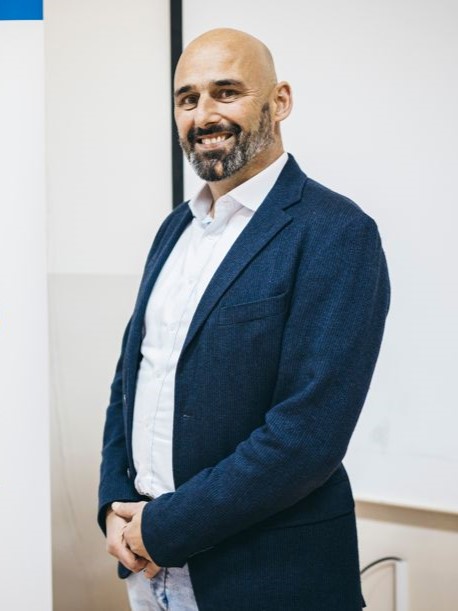
Hendrik Flier joined UWC Mostar in 2022 as the Director of Studies. A teacher of history by profession, Hendrik has a rich and diverse background in international education and holds a certificate in Post-Academic Study in Educational Leadership. He brings a wealth of experience in relevant areas of educational leadership, curriculum development and a deep commitment to fostering academic excellence, personal growth, and community spirit.
His leadership experience includes serving as Vice Principal at the Johan van Oldenbarnvelt Gymnasium and the Teyler College in the Netherlands, as Head of Department at UWC Changshu in China, and as pastoral leader at Jumeira Baccalaureate School in Dubai.
Since joining UWC Mostar in 2022 as the Director of Studies, Hendrik has demonstrated unwavering commitment, showcasing his ability to ensure continuity while addressing future challenges and opportunities.
Danijela Horvatek Tomić (Director of the AZVO)
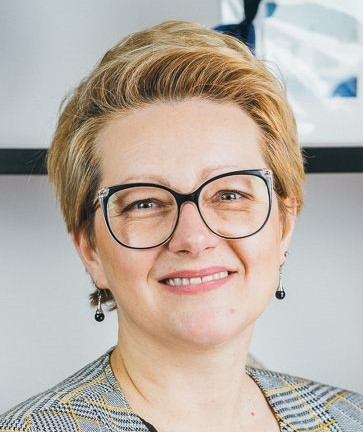
Prof. Dr. Sc. Danijela Horvatek Tomić, has been the Director of the Agency for Science and Higher Education (ASHE/AZVO) since March 2023. Her academic career began at the Faculty of Veterinary Medicine, University of Zagreb, where she has been employed since 2002 and where she received her PhD in 2009. She is currently employed as a full professor at the same Faculty.
She is particularly recognized as an expert in the field of quality assurance in higher education. In 2014, she was appointed Head of the Quality Office at the Faculty of Veterinary Medicine, and two years later she became President of the Quality Management Committee. From 2018 to 2022, she served as Vice-Dean for Quality Control at the Faculty of Veterinary Medicine.
She has participated several times, as a leader or collaborator, in national and international scientific projects, was a member of the organizational and scientific committees of numerous domestic and international scientific and professional conferences, and has trained in institutions across Europe — including Italy, Germany, France, Austria and Slovenia.
In 2010, she received the prestigious “For Women in Science” scholarship, awarded by the Croatian Commission for UNESCO and L’Oréal Adria. In June 2025, she was elected to the Board of the European Consortium for Accreditation in Higher Education (ECA).
Generative AI may be the most important technology discovered by humans. Nations, firms and individuals have to rethink how they learn, decide and create, and this revolution calls for hard intellectual work to reflect on the new reality, define and implement structures, policies and guidelines for the era of AI.
Karolina Kristic (Frankfurt School of Finance & Management)
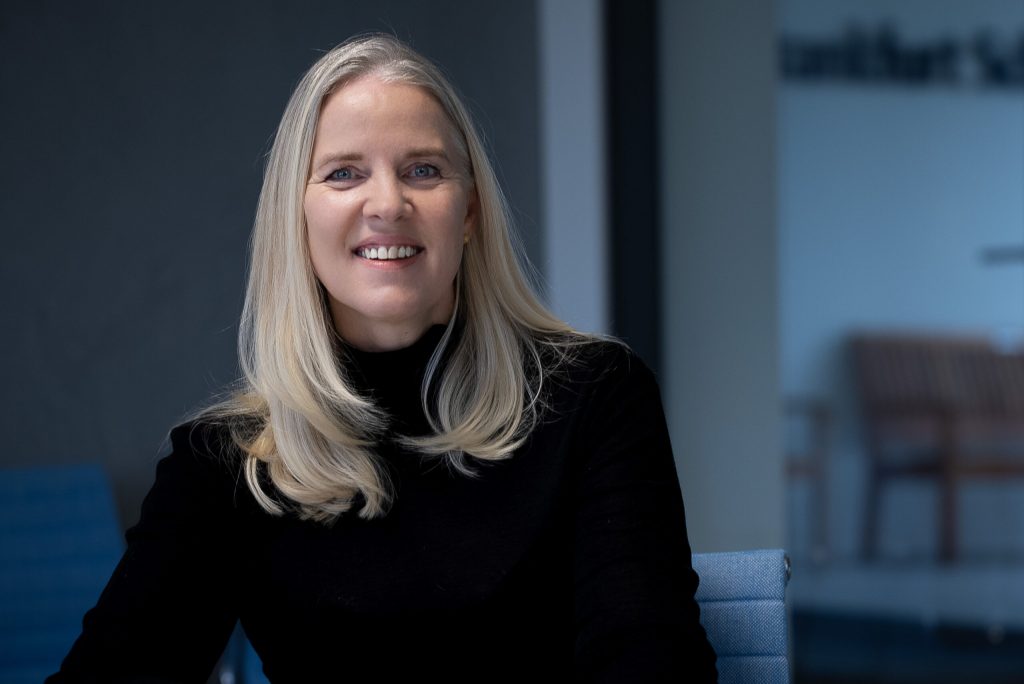
Karolina Kristic is the Chancellor and Chief Financial Officer (CFO) of the Frankfurt School of Finance & Management, a renowned business university based in Frankfurt am Main, Germany. Since January 2009, she has been responsible for the financial strategy and management of the entire Frankfurt School Group, including the Frankfurt School Foundation and its subsidiaries. In her role, she oversees key areas such as financial and risk management, controlling, human resources, and facility management. She played a pivotal role in the financial planning and execution of the Frankfurt School’s new campus, a multi-year infrastructure project with an investment volume in the hundreds of millions.
Before joining the Frankfurt School, Kristic held leadership roles such as authorized officer at SCDM Germany GmbH and Head of Finance for several luxury car dealerships at Pendragon PLC. She holds an Executive MBA from Ashridge Business School and completed an executive program in risk management at Harvard Business School.
Kristic also serves as a member of the Board of Trustees of the Frankfurt School Foundation and is actively involved in sustainable and innovative projects—for example, the development of a pre-fabricated solar carport on campus and the introduction of the AI-powered platform “Frankie.”
Karolina Kristic is a key leadership figure at Frankfurt School, combining strategic financial planning with a strong focus on innovation and sustainability.
Panel 2 – Introducing AI in HEIs – Ethical and implementation challenges
Moderator: Goran Oblaković, PhD
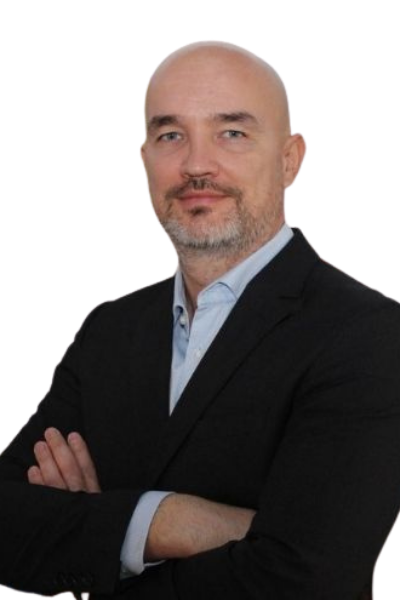
Dr. Goran Oblaković is an Associate Professor in Management and Strategy at Luxembourg School of Business and an Associate Dean at the Zagreb School of Economics and Management. Prior to joining the academia Goran worked in logistics and consulting.
Dr. Goran Oblaković, the Associate Dean for Undergraduate Programs and the Program Director of the Executive MBA graduate program at the Zagreb School of Economics and Management teaches a variety of management courses at undergraduate, MBA, and executive levels. He is also Associate Professor in Management and Strategy at Luxembourg School of Business. Dr. Oblakovic completed his Ph.D. in management at the University of St. Gallen, Switzerland, with research focused on risk management in banks. He completed his master’s studies in strategic finance (MSSF) and business administration (MBA) at Indiana University, USA, where he also completed a bachelor’s degree in business administration (BS). His areas of scientific and research interest include risk, strategic, operations management: human-computer interaction, and decision making.
Dr. Oblakovic has international experience working in logistics and consulting and has worked for corporations such as FedEx, Target, and the United Nations, Indiana University, and a couple of startups. Through seminars and consulting projects in Croatia, and Luxembourg he continues working in the industry for many well-known companies: Cargolux, Ericsson, Kaufland, Sparkasse, Grawe, Novomatic, Croatian Bank for Reconstruction and Development, etc.
Panelists
Mikael Gorsky (Holon Institute of Technology)
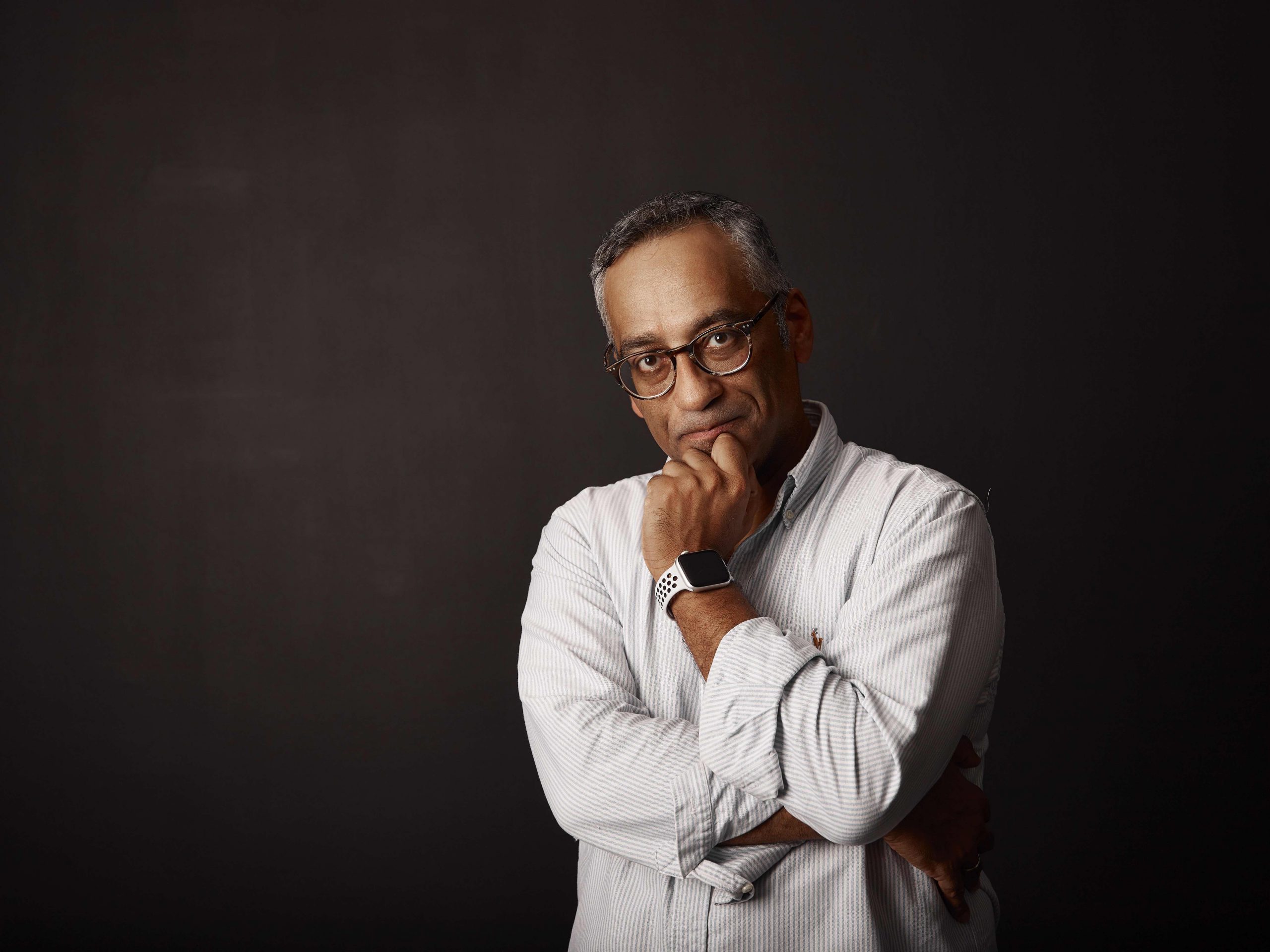
Mikael Gorsky is a senior AI researcher at the Holon Institute of Technology (HIT), where he focuses on researching the transformative impact of generative AI on education and knowledge work. His work centers on AI-first solutions for transformation of knowledge work, drawing from decades of experience in technology and business strategy.
He has been engaged with knowledge work for many years, starting from software development for 8-bit processors. He co-founded one of the first management consulting firms in new, ‘capitalist’ Russia and started one of the first economic development think tanks. His work focused on strategies and performance management for the financial sector, retail, real estate and IT in Kazakhstan, Ukraine and Russia. He was also implementing various ERP solutions across countries of the former USSR.
His deepest interest in knowledge work led to getting HBS education on leading consulting and advisory organizations, and he remains fascinated by intricacies and complexities of those matters. Currently at HIT he does applied research on AI in knowledge work across fields of computer science, education and management while building international partnership networks and creating training programs for students and global audiences. His work focuses on practical applications that solve real knowledge work problems, capitalizing on the revolutionary advances in AI that are reshaping how people think, analyze, create and make decisions.
Knowledge work is being fundamentally transformed by AI, creating both unprecedented opportunities and serious challenges. Traditional roles in research, analysis, writing, and decision-making are being reshaped as AI handles routine cognitive tasks with increasing sophistication. This creates inevitable changes in professions, jobs, and social fabric – some knowledge workers will find their roles eliminated, others will see dramatic productivity gains, and entirely new types of work will emerge.
Generative AI may be the most important technology discovered by humans. Nations, firms and individuals have to rethink how they learn, decide and create, and this revolution calls for hard intellectual work to reflect on the new reality, define and implement structures, policies and guidelines for the era of AI.
Prof. Dr. Metka Tekavčič (University of Ljubljana)
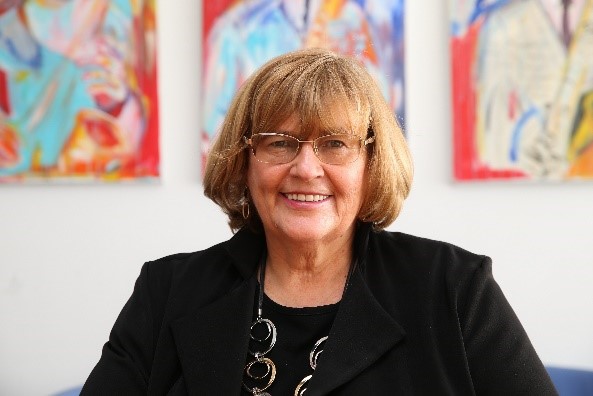
Prof. Metka Tekavčič was a Dean of the
School of Economics and Business (former
Faculty of Economics), University of Ljubljana
(UL SEB) from October 2013 to September 2023.
From 2001 to 2007 professor Tekavčič was Vice-Dean at the UL SEB. As a dean she
was a president of the UL SEB’s Senate and a
member of the Senate of the University of
Ljubljana. Currently, she is a member of UL
SEB Senate. In 2014 Metka Tekavčič was
awarded the Artemida award for Women’s Excellence in Management.
Her research interest lies in the fields of cost and performance management, as well as
public management. Lately, her research focus is in forensic accounting and sustainability
management. She has been a member of editorial boards in different prominent journals from
her research field. Recently, she has been teaching Accounting for Managers at International
Master in Business and MBA courses at UL SEB, both FT ranked. From 2007 to 2010 she
was a visiting professor at the University of Greenwich Business School. At the beginning of
2023 she was elected visiting professor at St. Cyril and Methodius University in Skopje.
From 1992 till 2013 Metka Tekavčič was a member of the City Council of Ljubljana, Slovenia.
She has long been and remains a member of the supervisory boards of many important
Slovenian companies and other institutions. Among others, she is board member of the
Confucius Institute Ljubljana, member of Steering committee of Alliance of Chinese and
European Business Schools (ACE) which he was also chairing from 2020 to 2023, and
member of international advisory boards in Solvay Brussels School of Economics and
Management, University of Leeds, KEDGE Business School Bordeaux and Faculty of
Economics and Business, University of Zagreb, Pforzheim University Business School and
Beijing Jiaotong University, School of Economics and Management.
From 2016 to 2022 she was a member of the EQUIS Accreditation Board. From 2018 to 2023
she was a member of EFMD Steering Committee member for Executive Leadership. In 2019
she was appointed to the Board of EFMD and re-elected in 2022 for a five years period. From
2017 to 2020 Prof. Tekavčič also served as a member of the AACSB International Initial
Accreditation Committee and a member of the European Advisory Council (EAC). Currently,
she is back to research and teaching, at the same time responsible for enhancing business
education in the region. She intensively serves in different PR teams for both AACSB and
EQUIS accreditations.
Prof. Dr. Srdjan Redzepagic (Luxembourg School of Business)

Dr. Srdjan Redzepagic is a full professor of economics at the Luxembourg School of Business and a scientific researcher in economic sciences. He has Diploma ability to conduct researches (HDR – Habilitation à diriger des recherches). His academic career is marked by his work as a scientist at the Université Côte d’Azur in Nice (France) and as a visiting/adjunct professor at several renowned worldwide universities (International University of Monaco – Monaco, Paris 3 Sorbonne Nouvelle – France, Technical University of Košice – Slovakia, University of Coimbra – Portugal, University of Sfax – Tunisia, Belgrade Banking Academy – Serbia, University of Montenegro – Montenegro).
In addition to active involvement in scientific work, he has extensive experience in managing study programs, international projects, and projects funded by the European Union, as he is the coordinator of several European and international projects. In his research work, he uses various research methods, especially in analyzing European integration and the European economy, which are the main research areas. He has about a hundred published scientific papers. He is the editor of more than ten internationally recognized editions of books and monographs of international importance. He is the editor-in-chief of the scientific journal Balkan Economic Review. He manages a large number of international research projects.
Panel 3 – Generative AI & Data-Driven Discovery: The Next Frontier in Research & Education
Moderator: Andrej Novak, PhD

Dr. Andrej Novak is a Research Associate at the Faculty of Mathematics and Economics at the University of Vienna and a Professor at the Faculty of Science, University of Zagreb. He holds both a Master’s and a PhD in Applied Mathematics, as well as a medical degree from the University of Zagreb School of Medicine, where he graduated with a thesis on cellular models in neuroscience.
His research focuses on applied mathematics and computer science, with particular interests in partial differential equations, optimization theory, medical image processing, and the use of interpretable predictive analytics in managing cardiac pathologies.
Throughout his academic career, Dr. Novak has led and coordinated more than ten university courses in mathematics, quantitative methods, and computer science at both undergraduate and graduate levels. He has also contributed to curriculum development for several computer science programs and has taught quantitative methods across multiple institutions.
He has been actively involved in numerous national and international projects, serving as both a researcher and a member of advisory boards. As a principal investigator, he has led scientific projects and collaborated with international companies specializing in algorithmic solutions for image processing and computationally intensive problems.
Dr. Novak is also an internationally recognized speaker, having delivered more than twenty invited lectures across Europe, the United States, Brazil, Taiwan, and Indonesia.
Panelists
Dr. Alimshan Faizulayev (KIMEP University)

Dr. Alimshan Faizulayev is the Director of the ESG Center, Research Director, and Associate Professor of Finance at the Bang College of Business, KIMEP University. He holds a Ph.D. in Finance from the Eastern Mediterranean University and has published over 30 research papers in journals indexed in Scopus and Web of Science, ranked by ABDC and ABS. He is also the co-author of the book Fintech Robotics Advancement for Green Finance and Investment (with Muhammed Arslan), indexed in Scopus and Web of Science.
At KIMEP, Dr. Faizulayev received the Teaching Excellence Award (2022–2023) and the Research Excellence Award (2023–2024). His professional background includes roles as Financial Analyst, Investment Advisor, and Project Manager in UK, Cyprus and Turkiye. Since 2021, he has also served as Research Director and Project Manager at the London Center for Development (UK), focusing on investment, research, and fintech innovation.
Internationally, he has taught twice on the Erasmus Exchange Program at the Zagreb School of Economics and Management (Croatia), enriching his global academic perspective.
Dr. Monika Sońta
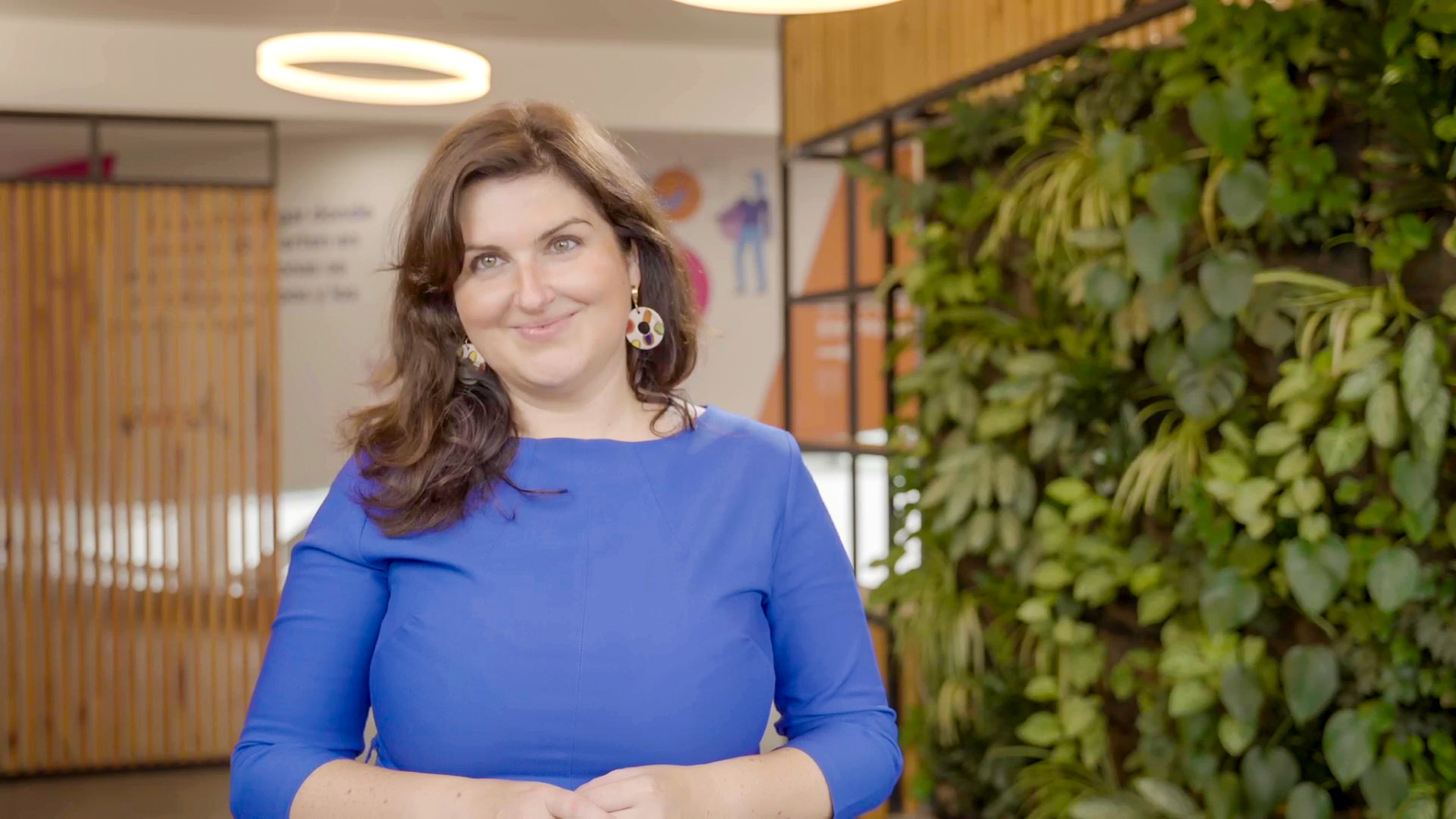
Dr. Monika Sońta is an expert in communication, creativity, and AI in education. A sociologist of technology, she specializes in organizational culture and internal communication. She is a certified facilitator of creative methods including the FORTH Innovation Method, LEGO® SERIOUS PLAY®, PLAYMOBILpro, Design Sprint, and PROSCI. With over 17 years of experience working with international companies in HR and communication, she currently serves as an Assistant Professor at Kozminski University’s Department of Management in Networked Society. She is the author of books and articles on innovation culture. Dr Sońta collaborates with the Asia-Europe Foundation (ASEF) and actively participates in projects focused on transforming higher education (Digital Leader, DREAMER, EUon AIR). She is one of the lead authors of the “White Paper on AI in Education,” developed during the 5th edition of the ASEF Higher Education Innovation Laboratory (ASEFInnoLab)
Isabell Steidel, M.Sc.
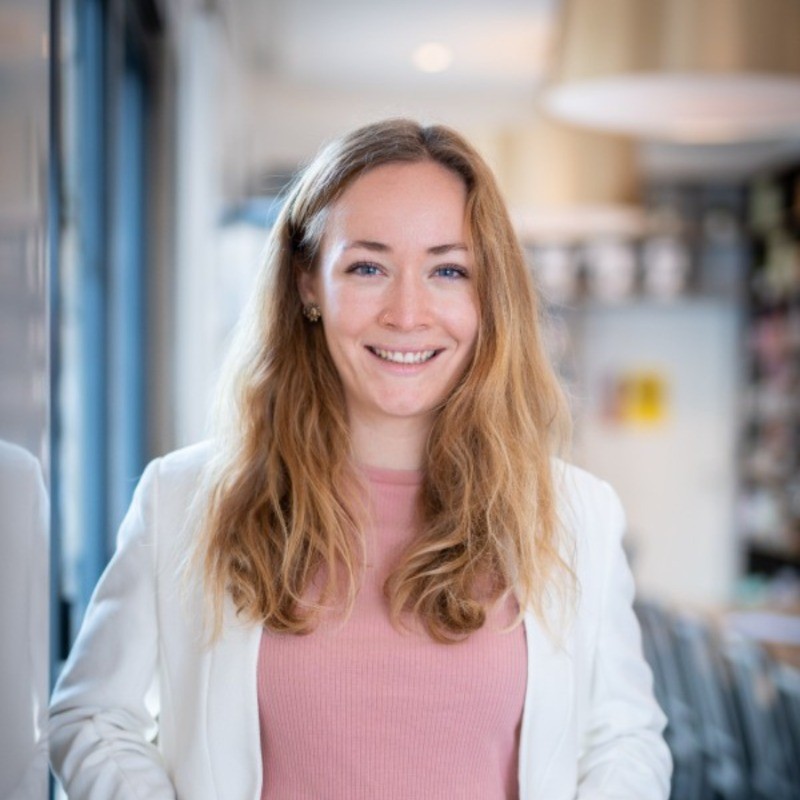
Isabell Steidel is an entrepreneur, politician and expert on the intersection of sustainability and AI with over eight years of experience in initiating and implementing sustainable projects in the public and private sectors. Elected as one of the youngest city councillors in Heilbronn’s history, she served as the top candidate in the 2024 Heilbronn municipal council election. She was the only participant from Germany chosen for the World Bank’s Youth to Youth MTE Climate Ambassador program in 2024 and served as one of five official youth delegates of Germany at the G20 and G7 youth summits in 2023 and 2024.
As the co-founder of AdeoAI, she leads the development of SortMate, an innovative AI-powered app that makes recycling accessible to everyone through advanced object recognition technology, multilingual support, and barrier-free design. The app translates complex recycling rules into simple, actionable instructions, helping communities achieve better recycling rates.
Isabell began her public service in the Heilbronn Youth Council and as the founder of the refugee aid initiative “Welcome.” She now holds positions on several supervisory boards across the financial, renewable energy, and infrastructure sectors.
Her academic background includes a Master of Science in Business Management from Heilbronn University Graduate School and a Bachelor of Arts in Management and Human Resources from the University of Heilbronn.
Isabell has led various side-events at international conferences, including COP28 and the FAO’s World Food Forum. She is a co-founder of the local initiative “German Zero Heilbronn,” a member of the German Council on Foreign Relations (DGAP) and a Global Shaper at the World Economic Forum.
She is also the institutional coordinator of the European University Alliance “EUonAIR” , on behalf of the Heilbronn University of Applied Sciences that focuses on the implementation of AI in higher education and research.
Panel 4 – From Vision to Practice: The Experience of Croatian Universities in European Alliances and the Path Ahead
Moderator: Dubravka Kovačević, PhD
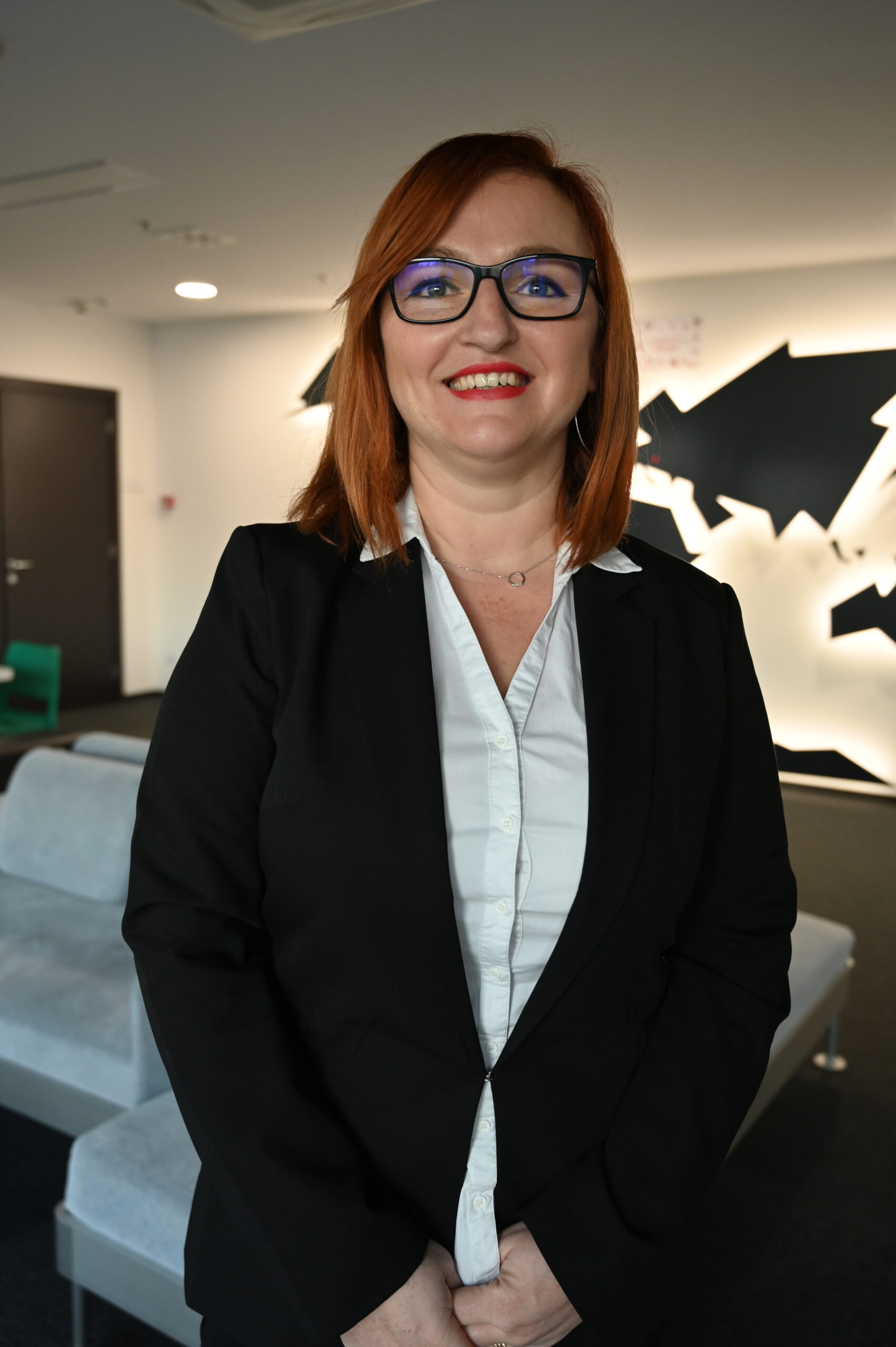
Dr. Dubravka Kovačević is the Associate Dean for Project Initiatives and Development at the Zagreb School of Economics and Management (ZSEM), where she teaches courses in Business Communication and European Union Studies.
She earned her PhD from the University of Economics in Bratislava, at the Department of International Trade of the Faculty of Business, with a specific focus on international business and the European Union. She also completed a Master’s degree in International Management at the same university, following an earlier Master’s degree in Marketing from the Faculty of Economics and Business at the University of Zagreb. During her doctoral studies, she taught courses in cross-cultural communication, European studies, and international migration.
In addition to her strong academic background, she brings extensive professional experience in the banking sector, particularly in retail banking and payment systems. While at ZŠEM, she has actively led and participated in numerous international projects, including MLEA, 4InnoPipe, 4InnoPipe2, EMMIE, and the prestigious European university alliance EUonAIR. Her research interests focus on the European Union, especially in the areas of international business, EU institutions, and policymaking.
Panelists
Marijana Pećirević, PhD
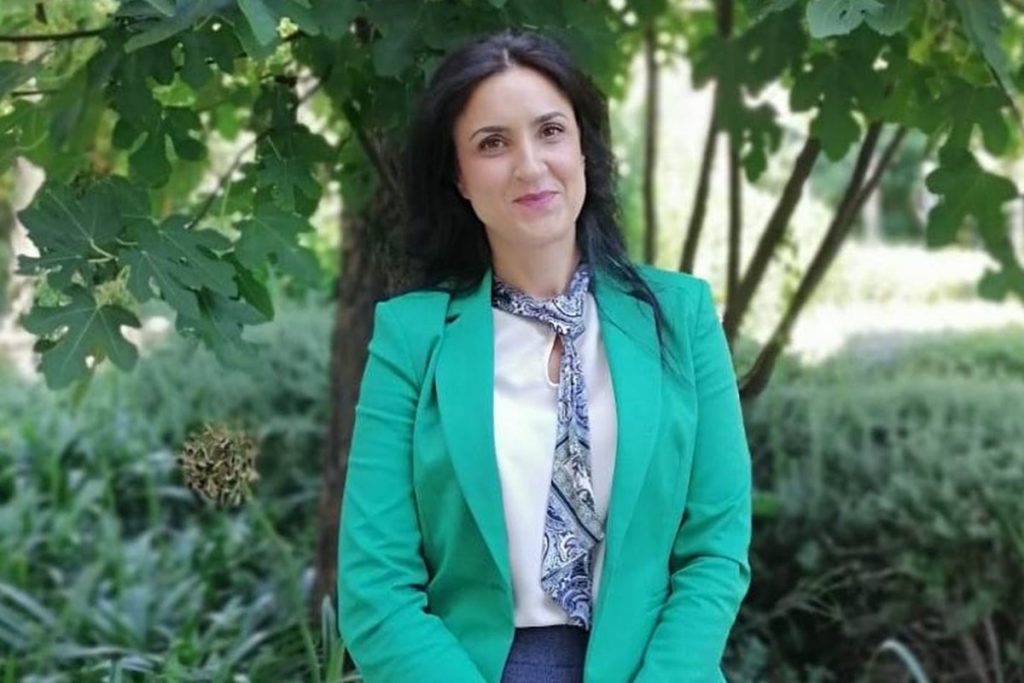
Marijana Pećirević, PhD, completed her primary and secondary school education in Dubrovnik and after enrolled the study program of Biology- Ecology at the Faculty of Science of the University of Zagreb, and earned her PhD in the field of Biotechnology at the doctoral study at the Faculty of Agriculture, University of Zagreb.
She was the Head of the Department of Applied Ecology and Vice Rector for International Relations and Science at University of Dubrovnik. In her scientific and professional work, she addresses the issues of non-indigenous species introduction as well as other anthropogenic impacts on marine ecosystems. She has been contributing as a coordinator and collaborator in over 20 scientific and research projects dealing with above issues.
She has been teaching and holding courses through which she has been transferring her knowledge to students. She is a mentor on several final and graduate theses in the field of Conservation Biology and Protection of Marine Ecosystems. She has been participating in the work of international and national working groups dealing with these issues and guidelines and strategies for the protection of marine environment. She participated in the organizing committees of international scientific conferences and summer schools.
In addition to presenting the results of her work at scientific and professional conferences and publishing in scientific publications, she has also been participating in various activities for the popularization of science as well as cooperating with the real and public sector through studies and professional projects. She is married and is mother of three children.
Prof. Anita Pavić Pintarić, PhD
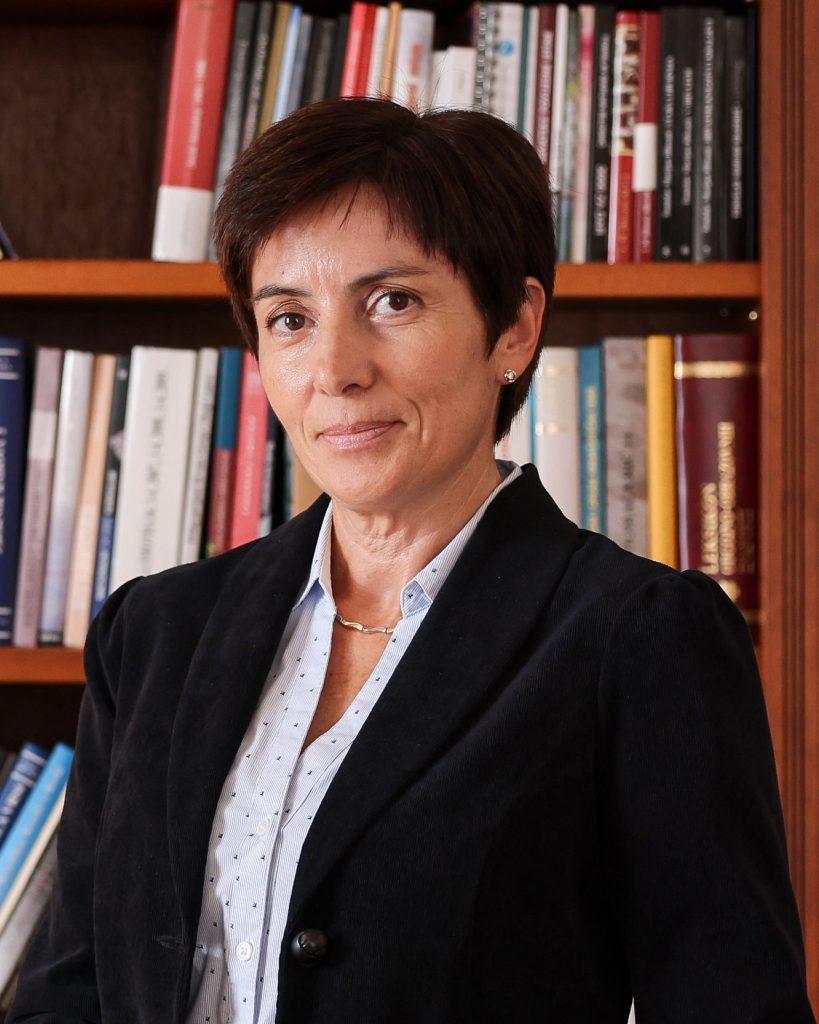
Anita Pavić Pintarić, PhD, was born in Zadar. She graduated in German and English
language and literature from the Faculty of Philosophy in Zadar. At the Faculty of
Philosophy in Zagreb, she obtained her master’s degree and received her doctorate at
the University of Zadar.
In January 2022, she was chosen to the scientific teaching position as full professor in the humanities, the field of philology. Areas of her research include the expression of emotionality, fictive orality, phraseology, translation studies, pragmalinguistics, contrastive and contact linguistics. She was the head of a bilateral research project and a researcher on six scientific projects,
five of which were international projects. She also participated in the TEMPUS project
for starting translation studies at the University of Zadar.
She has published about sixty scientific articles and two scientific monographs, one of
which as the author (Deutsche und kroatische Idiome kontrastiv. Eine Analyse von Ausdruck
und Funktion, 2015), and one as the co-author (Prostor i kretanje u govorima zadarskoga
kraja, 2021). She has edited five books.
Professor Pavić Pintarić has taken part in numerous international scientific conferences in Croatia and abroad.
She regularly reviews scientific monographs and
articles, and is the editor of linguistics section of the journal Germanistica Euromediterrae
of the Department of German Studies. She is also a member of the scientific board of the
journal Linguistische Treffen in Wroclaw and series Studia Phraseologica et Permiologica (Dr
Kovač Verlag, Hamburg). She has been the head and a member of organizing and
scientific committees of a number of conferences.
Since 2002 she has been working at the Department of German Studies at the University
of Zadar, where she has been teaching mandatory and elective courses. She has
supervised about twenty undergraduate and fifty graduate theses.
She is a PhD supervisor in the doctoral studies “Humanities” at the University of Zadar,
and a coordinator of the international trilateral doctoral school of the universities of
Mannheim, Ljubljana and Zadar.
Professor Pavić Pintarić is actively involved in the work of the alliance EU-
CONEXUS within the working group dedicated to doctoral studies, as well as in the
academic council. She regularly participates in the Erasmus+ mobility programme for
teachers.
Gordana Nikolić, PhD

Associate Professor Gordana Nikolić, PhD is the Dean of PAR University College. She is the only woman in Croatia who is both the owner and dean of a higher education institution. She graduated from the Faculty of Maritime Studies in Rijeka and earned both her Master’s degree and PhD at the Faculty of Economics in Rijeka. Over the years, she worked in the business sector in roles related to import–export, international freight forwarding and logistics, and transport organization.
In 2007, she founded the Business Academy Rijeka, and in 2011 she established PAR University College.
Her unique combination of academic and business experience has earned her numerous awards over the years: from being named Entrepreneur of the Year in Croatia, receiving the Primorje-Gorski Kotar County Award for outstanding international achievements, and the City of Rijeka Award for contributions to higher education and entrepreneurship, to international recognition at the Women’s Economic Forum in New Delhi in 2018, where she was presented with the “Exceptional Women of Excellence” award. This distinction is given to exceptional women for their excellence in their field and their contributions to the development of the communities in which they live and work.
In 2019, she received the prestigious Business Partner award for her contributions to education and the advancement of managerial knowledge and skills. She was also recognized by the Croatian Chamber of Economy for introducing new study programs and for innovating entrepreneurial knowledge.
Gordana Nikolić serves as the Women’s Entrepreneurship Day (WED) Ambassador for Croatia, a Senator in the General Assembly of the World Business Angels Investment Forum (WBAF), and the Vice-President of the WBAF Global Women Leaders Committee. She is also the President of the Rijeka branch of the Croatian Association of Business Women – KRUG.
Recent Comments